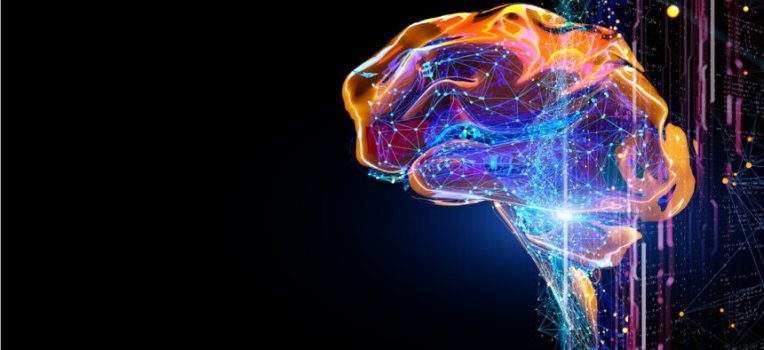In his autobiography, Miles Davis complained that classical musicians were like robots.
He spoke from experience – he’d studied classical music at Juilliard and recorded with classical musicians even after becoming a world-renowned jazz artist.
As a music professor at the University of Florida, which is transforming itself into an “AI university,” I often think about Davis’ words, and the ways in which musicians have become more machinelike over the past century. At the same time, I see how machines have been getting better at mimicking human improvisation, in all aspects of life.
I wonder what the limits of machine improvisation will be, and which human activities will survive the rise of intelligent machines.
The rise of machine improvisation
Machines have long excelled at activities involving consistent reproduction of a fixed object – think identical Toyotas being mass-produced in a factory.
More improvised activities are less rule-based, more fluid, chaotic or reactive, and are more process-oriented. AI has been making significant strides in this area.
Continue reading: https://www.nextgov.com/ideas/2021/10/why-improvisation-future-ai-dominated-world/185873/
He spoke from experience – he’d studied classical music at Juilliard and recorded with classical musicians even after becoming a world-renowned jazz artist.
As a music professor at the University of Florida, which is transforming itself into an “AI university,” I often think about Davis’ words, and the ways in which musicians have become more machinelike over the past century. At the same time, I see how machines have been getting better at mimicking human improvisation, in all aspects of life.
I wonder what the limits of machine improvisation will be, and which human activities will survive the rise of intelligent machines.
The rise of machine improvisation
Machines have long excelled at activities involving consistent reproduction of a fixed object – think identical Toyotas being mass-produced in a factory.
More improvised activities are less rule-based, more fluid, chaotic or reactive, and are more process-oriented. AI has been making significant strides in this area.
Continue reading: https://www.nextgov.com/ideas/2021/10/why-improvisation-future-ai-dominated-world/185873/

